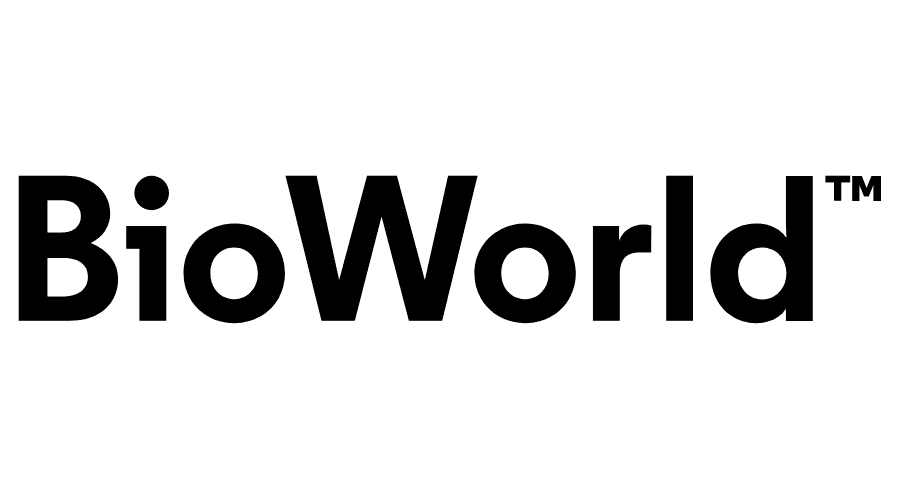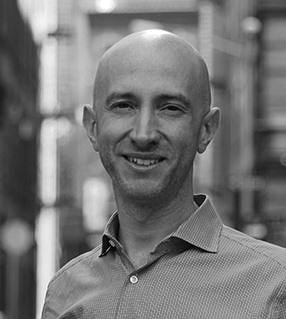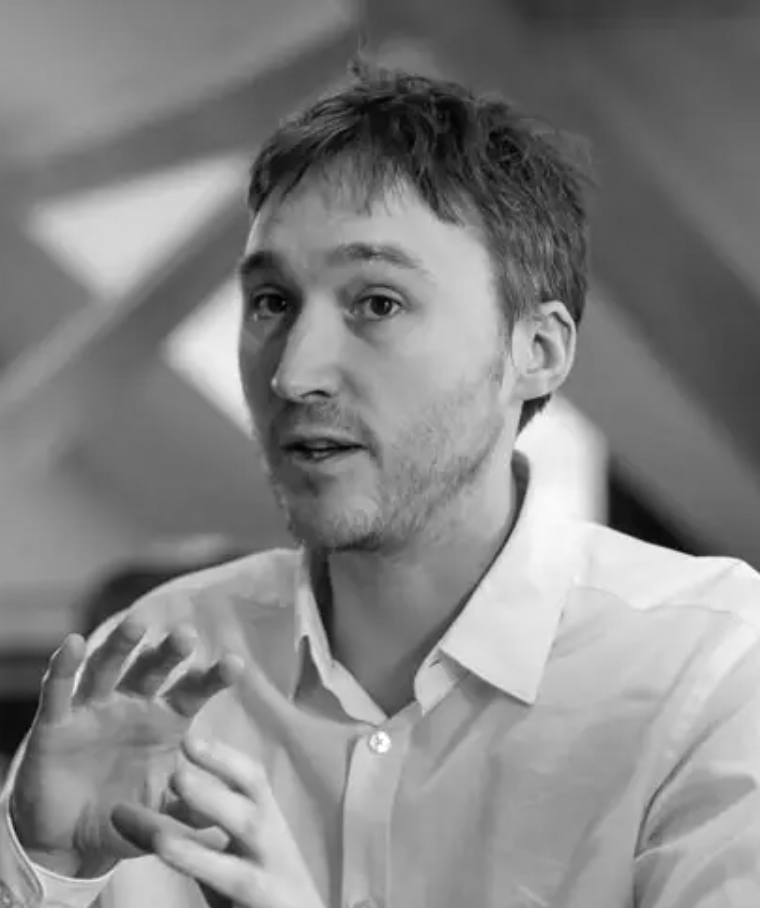Bioworld - Have a good trip
Psychedelic drug developers all set for take-off
by
Cormac Sheridan
DUBLIN – A re-evaluation of psychedelic drugs as potential therapies for major depressive disorder (MDD), anxiety, post-traumatic stress disorder (PTSD) and other neuropsychiatric conditions has been underway for some time, but this broad effort gained further momentum during 2020, as commercial firms started to raise money at the level needed to enable the field to start moving from small-scale academic studies to the kind of industry-scale trials that will be needed to convince regulators, patients and physicians that these molecules could become viable treatment options.
In fundraising terms, Compass Pathways plc has led the way, with an $80 million series B round in April, followed by an upsized IPO on Nasdaq in September, which pulled in another $146.6 million. The company is now valued at about $2 billion and is on course to report data from a phase IIb trial of psilocybin in treatment-resistant depression in late 2021.
Several smaller scale transactions closed during the fourth quarter. New York-based Mindmed Inc. recently raised CA$80 million (US$62 million) in a bought-deal offering led by Canaccord Genuity Corp., to fund a phase IIb trial of lysergic acid diethylamide (LSD) in anxiety, a phase IIa trial in opioid addiction of 18-methoxycoronaridine (18-MC), a synthetic, non-hallucinogenic ibogaine derivative, and a microdosing study of LSD in adults with attention deficit hyperactivity disorder (ADHD).
In December, Oxford, U.K.-based Beckley Psytech Ltd. raised £14 million (US$18.6 million) to move 5-methoxy-N,N-dimethyltryptamine (5MeO-DMT), a psychedelic molecule with a limited duration of action, into a phase I trial in an as-yet-undisclosed neuropsychiatric indication. (Dublin-based GH Research Ltd. recently completed a phase I trial of the same molecule in healthy volunteers and has initiated recruitment in a phase I/II trial in treatment-resistant depression.)
Shlomi Raz, CEO and chairman, Eleusis
Also in December, London-based Eleusis Ltd. acquired Kalypso Wellness Centers ina stock-based transaction, while also unveiling plans to move two programs, ELE-Ket+ and ELE-Psilo+, into phase I/II trials as adjunctive therapies for major depressive disorder by late 2021. Kalypso, which runs a chain of ketamine infusion centers throughout Texas, will aid its clinical development efforts, Eleusis chairman, CEO and founder Shlomi Raz told BioWorld, given its experience in developing delivery protocols and dosing regimens.
The company, founded by a group of four physicians with board certifications in anesthesiology and pain management, provides low-dose ketamine infusion therapy off-label to patients with conditions such as chronic pain, migraine, depression, anxiety, fibromyalgia, bipolar disorder, PTSD, inflammatory pain, cancer pain and neuropathic pain. ELE-KET+, one of the two lead programs at Eleusis, comprises ketamine along with a benzodiazepine antiemetic and possibly other drugs, in order to minimize any potential tolerability problems or side effects during the drug experience. ELE-Psilo+ is not finalized but it involves a similar approach.
“They’re combination drug products,” Raz said. Eleusis is also exploring the potential of psychedelics as anti-inflammatory and neuroprotective agents, which would not elicit perceptual effects. The company is also investigating the potential use of LSD microdosing in Alzheimer’s.
Also in the fourth quarter, London-based Neo Kuma Ventures set out its stall as the U.K.’s first venture capital fund exclusively focused on psychedelic health care. It is still in active fundraising mode, but its portfolio includes Berlin-based Atai Life Sciences AG, Vancouver-based Bright Minds Biosciences Inc. and Beckley Psytech.
“We see a lot of parallels with cannabis in terms of market activity,” Neo Kuma co-founder Clara Burtenshaw told BioWorld. And, as with the cannabis field, the space is not short of fast-buck merchants. “Then you have people developing quality IP in the area and adding value,” she said. “The types of companies we’re really interested in are the companies who are really innovative.”
At the same time, the immediate scope for innovation appears to be more limited than it is in many other areas of drug and therapeutics development. The available chemistry is already broadly defined – most of it comes from natural sources and has a history of human use in therapeutic and cultural settings that dates back thousands of years. (See Selected psychedelic drugs in clinical development for neuropsychiatric disorders, below.)
| Molecule | Original source | Presumed mechanism | Indications under investigation |
|---|---|---|---|
| Psilocybin (4-phosphoryloxy-N,N-dimethyltryptamine; a prodrug of the active metabolite psilocin) | Psilocybin or ‘magic’ mushrooms | Serotonin receptor (5-HT2a) agonist | Depression, anxiety, body dysmorphic disorder, anorexia nervosa, obsessive compulsive disorder, migraine, alcohol addiction, nicotine addiction, cluster headache |
| Lysergic acid diethylamide (LSD) | Synthetic derivative of fungal ergot aklaloid | Serotonin receptor agonist | Depression, cluster headache, anxiety, Alzheimer’s |
| MDMA (3,4-Methylenedioxy-N-methamphetamine; ecstasy) | Synthetic substance | Upregulates serotonin, norepinephrine and dopamine levels | Post-traumatic stress disorder (PTSD) |
| 5-methoxy-N,N- dimethyltryptamine (5MeO-DMT) | Sonoran desert toad (Bufo alvarius; also called the Coloradan River toad) & several plant species | Serotonin receptor agonist | Depression, anxiety |
| Ibogaine | Tabernanthe iboga and other plant species | Serotonin reuptake inhibitor and opioid receptor agonist | Addiction |
| Mescaline (3,4,5- trimethoxyphenethylamine) | Peyote cactus (Lophophora williamsii) | Serotonin receptor agonist | Depression, anxiety, headache, alcohol withdrawal |
| Ayahuasca | Derived from Banisteriopsis caapi vines mixed with leaves from the Psychotria viridis shrub | Harmala alkaloids which act as monoamine oxidase inhibits and reduce the metabolism of neurotransmitters such as serotonin and norepinephrine | Depression |
Sources: ClinicalTrials.gov; Pubmed; NIH; Company websites
“They’re well understood,” Cosmo Feilding Mellen, CEO of Oxford-based Beckley Psytech, told BioWorld. “There is a huge body of anecdotal and observational data about their effects.” Even the more recently developed synthetic molecules undergoing clinical studies are decades old. Some companies are employing medicinal chemistry or combination approaches to optimize certain parameters – or to de-emphasize others – but most are still converging on business models that vary little from one another, at this point in the field’s development at least.
An additional set of less-well-known psychedelic substances also has therapeutic potential, Feilding Mellen said. “They are very under-researched from a scientific and clinical development perspective,” he said. A third generation of molecules will comprise novel chemistry discovered through drug screening approaches. Beckley Psytech has close links with the not-for-profit Beckley Foundation, which was among the pioneers in putting the therapeutic use of psychedelics on a scientific footing. It plans to work across all three areas. “We’re not the only people doing it of course,” Feilding Mellen said.
Cosmo Feilding Mellen, CEO, Beckley Psytech
Changing regulations
As currently envisaged, psychedelics are adjunctive therapies, which will be administered as part of a wider intervention that will also include psychotherapy or some other form of psychological support. Typically, patients will receive at least one preparatory session before undergoing a drug-induced experience, during which at least one if not two trained therapists will be present. Follow-up “integration”sessions are also included, to review the experience and deal with the issues that emerged during the experience. “That’s very resource-intensive and expensive,” Feilding Mellen said. For that reason, Beckley’s lead program is based on 5MeO-DMT, which induces a far shorter psychedelic experience than many other molecules. “The duration of action of 5-MeO-DMT is under an hour,” he said. That may help to reduce some of the cost, at least. The basic therapeutic approach is still expensive and, at present, is not reimbursed. Getting buy-in from payers represents a significant challenge for the entire field. “How do you avoid these therapies becoming niche therapies?” asks Raz.
Psychedelics are still, in most places, controlled substances. In the U.S. many are regulated under Schedule I of the Drug Enforcement Administration’s scheme. The approvals of New Brunswick, N.J.-based Johnson & Johnson's Spravato (esketamine) for treatment-resistant depression and of Cambridge, U.K.-based GW Pharmaceuticals plc’s Epidiolex (cannabidiol) for treating seizures associated with rare forms of epilepsy have been an important enablers for the field. Both helped to remove the regulatory and cultural stigma from using mind-altering drugs or their derivatives in clinical settings.
The not-for-profit Multidisciplinary Association for Psychedelic Studies (Maps) may be next in line for an approval. It has already completed one phase III trial of 3,4-methylenedioxy-N-methylamphetamine (MDMA or ecstasy) for treating PTSD, and a second phase III study is currently recruiting. Data are expected in late 2021, and the
program has received breakthrough therapy designation from the FDA. Compass Pathways also has breakthrough therapy designation from the FDA for its treatment- resistant depression program; so, too, has Usona Institute, a not-for-profit medical research organization based in Madison, Wis., for its psilocybin program in major depressive disorder.
In parallel with those developments, the legal prohibitions surrounding the use of at least some of these substances are also starting to be relaxed. In November, Oregon became the first U.S. state to decide to set up a licensing regime regulating the use of psilocybin products and services. The Oregon Health Authority will start
issuing the first licenses from Jan. 2, 2023, after a two-year development period during which it will develop specifications and guidelines for the development of therapeutic services that will incorporate the use of psilocybin. Denver, Oakland and Washington were the first cities to decriminalize psilocybin, but many more are
expected to follow. The line between recreational use and therapeutic use is likely to become blurred, therefore, but clinical data will differentiate the therapeutics firms from the growers and suppliers. “Clearly there’s hype right now,” Feilding Mellen said. “Where we take comfort is drug development is a highly regulated field,” he added. “By necessity, the companies that do it properly will succeed and those who do not do it properly won’t.” Psychedelic drugs are not inherently addictive in the way that opioids are, but the human costs of the opioid crisis are a stark reminder of the absolute necessity for ethical behaviour on the part of all participants in this emerging market. No company wants to be labeled the Purdue Pharma of the psychedelic drug era.




